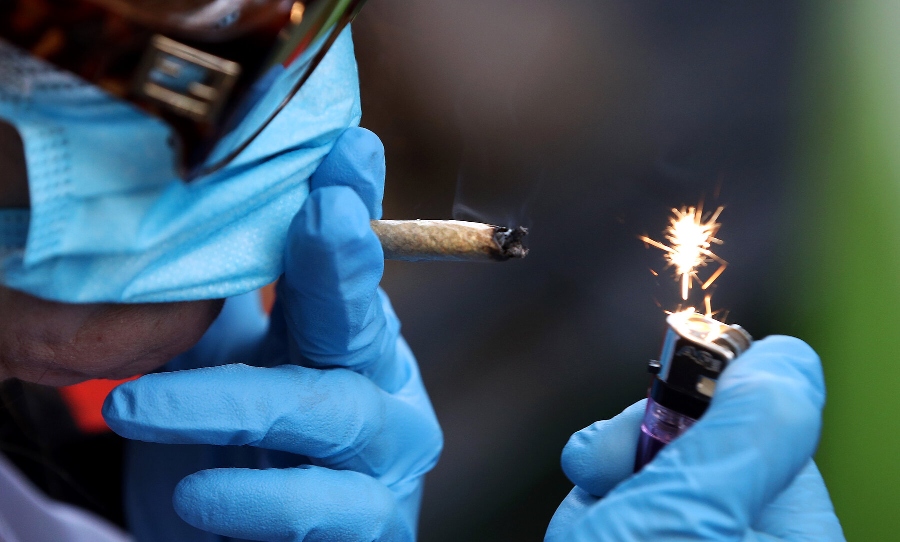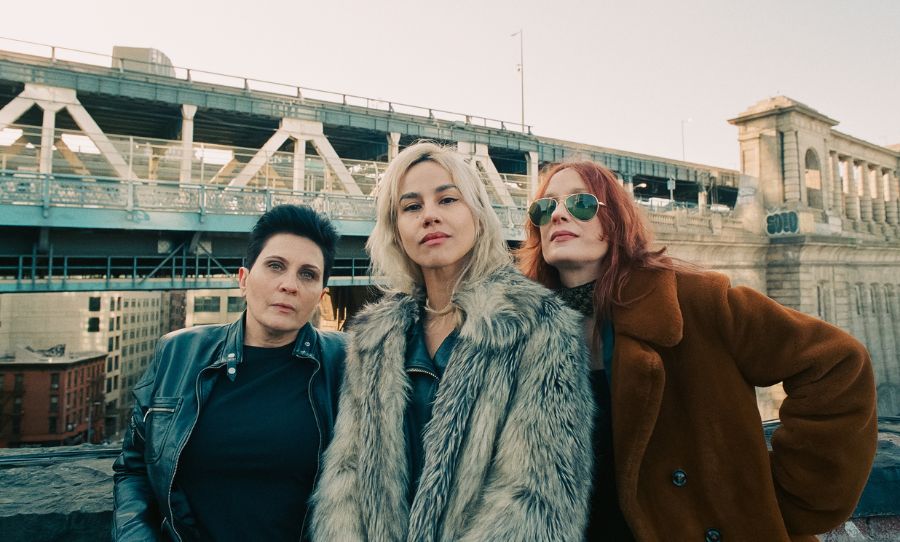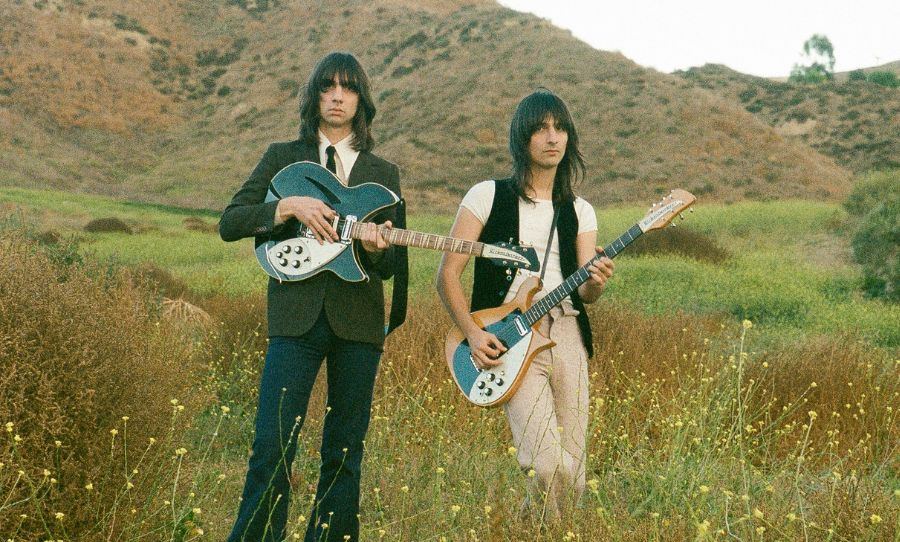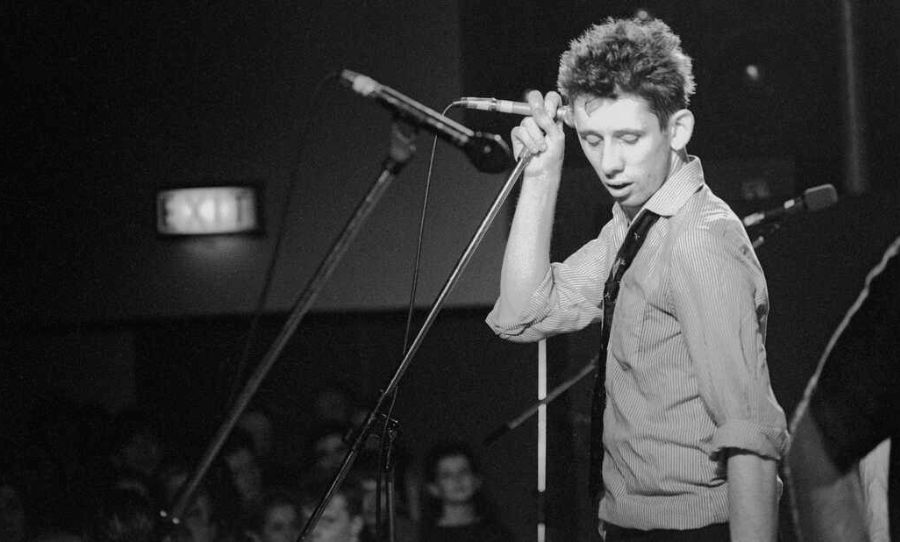Governor of New York, Andrew Cuomo, signed a bill legalising recreational marijuana on Wednesday, making New York the 15th state to do so.
Cuomo signed the bill legalising recreational marijuana on Wednesday, a day after it passed in the State Legislature, noting that this move will bring “justice for long-marginalized communities,” as former convictions will be expunged.
“This is a historic day in New York, one that rights the wrongs of the past by putting an end to harsh prison sentences, embraces an industry that will grow the Empire State’s economy, and prioritizes marginalized communities so those that have suffered the most will be the first to reap the benefits,” Cuomo said in a statement.
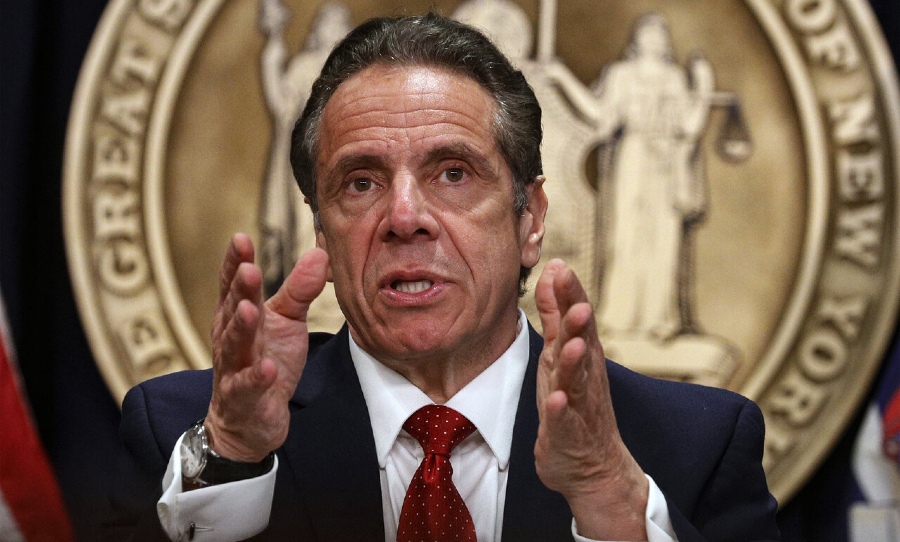
The bill itself legalises the use of recreational ‘dank’ for adults, allowing people to possess up to three ounces of cannabis in the hope of reducing prison sentences among communities of colour.
Marijuana has finally been legalized in New York State.
Now it’s time to legalize marijuana across the country and undo decades of injustice caused by our failed drug policies.
— Kirsten Gillibrand (@SenGillibrand) March 31, 2021
Currently, New Yorkers are permitted to smoke cannabis in public wherever smoking tobacco is allowed. However, localities and a new state agency may impose further regulations to control smoking cannabis in public.
Smoking cannabis, however, is still not permitted in schools, workplaces or inside cars.
Democratic member of the New York State Assembly who has been championing the bill’s introduction for years, Crystal Peoples-Stokes, told NPR that her priority was keeping people in her representative area of Buffalo, out of the prison system.
“It’s been horrible,” she said.
“This specific war on drugs dismantled a huge chunk of our population.”
Studies made last year from the New York City Police Department found that 94 per cent of those caught in pot busts were disproportionately Black or Hispanic.
These busts come at a time where the recreational marijuana industry, which is 80 to 90 per cent white-owned, is booming in the 15 US states that have passed similar legislation.
Peoples-Stokes, who serves as the Assembly majority leader in Albany, has been hoping to end racially biased drug arrests that infested minority neighbourhoods across the state for decades.
Is NY gonna free everyone in jail on marijuana possession charges though👀
— Edward Ongweso Jr (@bigblackjacobin) March 31, 2021
Criminalising policies, Peoples-Stokes said, resulted in felony records that ruined lives and devastated communities through legal gatekeeping.
“It’s very difficult to get access to federal dollars to go to school. It’s very difficult to get a job,” she said.
While the US is starting to dismantle how it interprets its historic ‘war on drugs,’ selling or possessing even small amounts of marijuana remains a federal crime, and many states are still yet to even consider decriminalisation.
“There is still what we would call a war on marijuana in many places, disproportionately harming communities of color,” Ezekiel Edwards of the American Civil Liberties Union, said.
